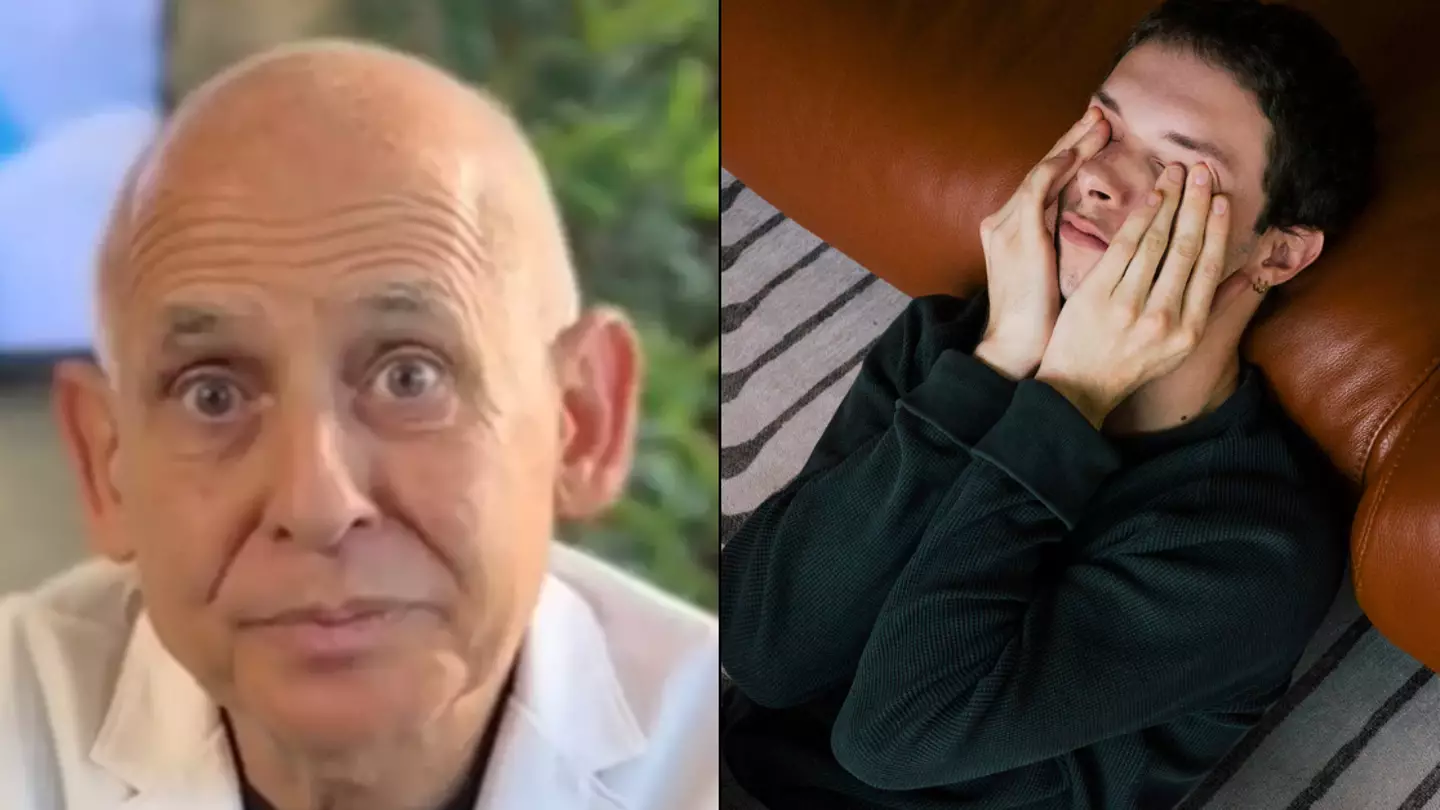
A psychiatrist says if you have 'two or more' of these ten signs of ADHD, then you likely have the condition.
Attention deficit hyperactivity disorder (ADHD) is commonly present from an early age, however, it can also be diagnosed later on in adulthood.
According to the NHS, the global estimate for ADHD in children is 5 percent, while adults are estimated to be 3 to 4 percent.
The NHS also says that adults with ADHD will tend to have problems with their day-to-day lives.
Advert

The symptoms can vary dependent on the person, but the main signs usually associated with ADHD include a lack of concentration, forgetfulness and hyperactivity, such as restlessness.
If symptoms aren't picked up at an early age, then there's a good chance you won't know you have it as an adult.
Here's where Dr Daniel Amen (@docamen) comes in.
Dr Amen took to TikTok to reveal his list of the 10 signs of ADHD, asking: "Do you have ADHD? I wrote this list of 10 things.
Advert
"How many do you have? And if you have two or more, you should be thinking about it."
Short attention span
The first sign of ADHD is a short attention span, which can make focusing on everyday things such as work or school especially difficult.
Dr Amen lists more examples of where you could lose attention, like 'homework, paperwork, chores, listening to the person you've been in a relationship for more than six months'.
However, he says it's 'not for everything' as those with ADHD will likely be more focused on things they enjoy.
Boredom
The psychiatrist says that if 'you're bored a lot', then it could be a sign of ADHD. According to Psych Central, this boredom is likely a result of a lack of brain stimulation in response to unengaging tasks.
Lateness
Those with ADHD will often struggle with time management in various aspects of their lives - either meeting deadlines at work or school or just heading out of the house to meet friends.
Advert
"You're chronically late, or just right on time, because you didn't get ready until in your head you went, 'oh my God, I'm late'," the psychiatrist explained.
Misplacing things
Dr Amen says 'misplacing things' is another sign of ADHD, giving his wife as an example of someone who tends to lose things.
He says: "Just laughing because my wife, like once a day, it's like, 'oh my God', like gives me a heart attack, and then of course she finds it."

Poor organisation
Dr Amen notes that having 'poor organisation and planning' may be a sign of ADHD.
Procrastination
He adds that those who often 'wait to the last minute' could have ADHD.
Advert
Because of the struggle to engage with 'boring' tasks, those with ADHD will often procrastinate until it is no longer unavoidable - which can seriously impact them in either work or school.
Feeling 'restlessness'
Feeling 'restless, fidgety, keyed up, agitated' are also other common symptoms of ADHD.
Restlessness can manifest in various ways, such as an inability to sit still, fidgeting with objects, talking too much or internally, like racing thoughts.
Changing jobs
If you're also struggling to stick to a job and keep changing roles, then you might want to look deeper into why that is.
'Falling out of love'
The same point goes for relationships as well, with Dr Amen saying those with ADHD tend to 'fall in and out of love a lot'.
Trouble following directions
And finally, he says: "Have trouble following directions. And you just don't feel like you're anywhere near your potential."
Advert
How do I get tested for ADHD?
While Dr Amen's list is a helpful guide, you won't be able to be officially diagnosed without undergoing an ADHD assessment.
You can pursue this either through your GP or privately, in which you'll be given an initial assessment before undergoing a 90 minute assessment with an ADHD specialist, who will ask you questions about your childhood and day-to-day struggles.
Family members, like your parents, or your partner, if you are an adult, may also be asked to accompany you to your assessment to give further insight into your day-to-day life and childhood.
If you are diagnosed with ADHD, then the NHS suggests that a combination of medicine and therapy might be the best treatment, however, this will all be discussed with the ADHD specialist following your diagnosis.
Topics: Health, Mental Health, TikTok